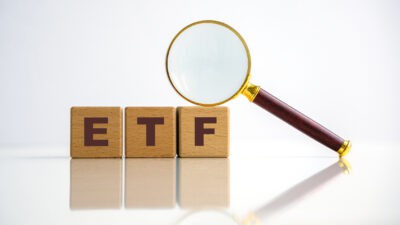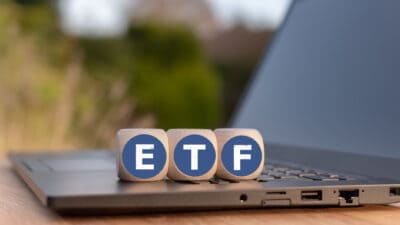Exchange traded funds (ETFs) could suit most ASX investing strategies. ETFs allow you to invest in an index of shares in one trade with your broker.
There are various ETFs out there that focus on different things. There are some, such as Vanguard Australian Share ETF (ASX: VAS), which allow you to essentially buy the 'whole' market. The one I just mentioned is a low-cost option for the ASX share market.
Legendary investor Warren Buffett advocates that an average person should just invest in the iShares S&P 500 ETF (ASX: IVV) so that they achieve the average market return. The S&P 500 has some of the best global businesses within its holdings, such as Apple and Amazon.
Over the long-term the average market return has been extremely good, it's the fees of managers which reduces the overall net return. ETFs generally have lower fees than active fund managers, meaning they usually generate stronger net returns.
It can be very disheartening, even scary, to see one of your shares fall by 20% or more below the price that you paid for it. Even if your portfolio as a whole is doing fine. That same share has fallen within the index by 20%, but you only see the ETF's overall performance.
There are a number of ETFs focused on specific regions or industries that may be better investments than the total ASX share market or the global share market. Some examples I'm thinking of include BetaShares Asia Technology Tigers ETF (ASX: ASIA), Betashares Global Cybersecurity ETF (ASX: HACK) and Vanguard FTSE Asia Ex Japan Shares Index ETF (ASX: VAE).
Foolish takeaway
ETFs don't have to form your entire investing strategy, but they can be used for diversification and passive choices. But you can create a great portfolio by mixing good ETFs with high-quality ASX shares.







